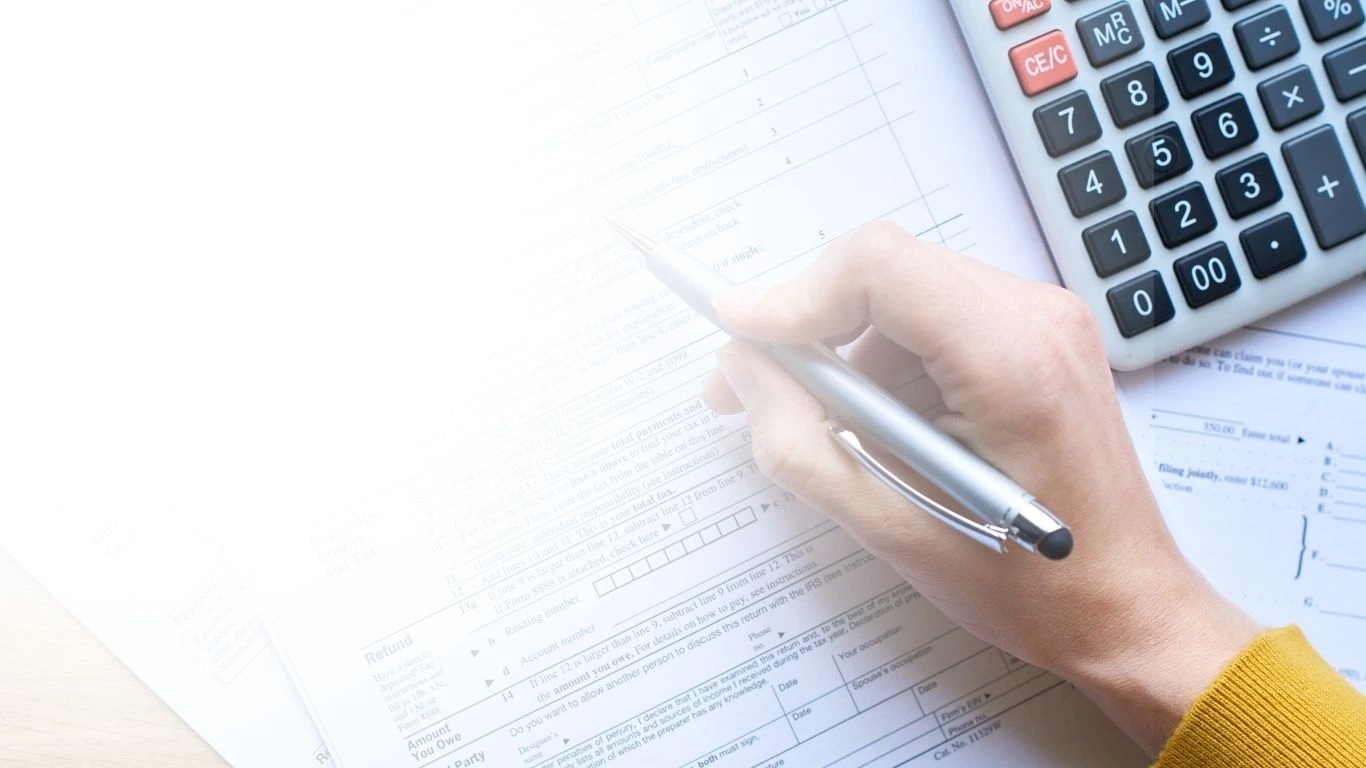The Harmonization of Tax Regulations Law has set a Value-Added Tax (VAT) rate of 12% to take effect no later than January 1, 2025. This planned rate increase has sparked debates and discussions, with some opposing the change. In December 2024, several Student Executive Boards (Badan Eksekutif Mahasiswa / BEM) went on strike to protest the 12% VAT rate increase (Antara, 2024). On top of that, various alliances and community institutions also carried out similar actions in different regions (CNN Indonesia, 2024).
In response to the public's concerns, President Prabowo Subianto and Minister of Finance Sri Mulyani Indrawati held a press conference on December 31, 2024. During the press conference, the Minister of Finance clarified that the 12% VAT rate would only apply to luxury goods. For other taxable goods and services, the effective VAT rate would remain unchanged.
Following this directive, the Minister of Finance issued Minister of Finance Regulation (Peraturan Menteri Keuangan / PMK) Number 131 of 2024, which outlines VAT treatment on various transactions, including imports and deliveries of taxable goods and services.
According to this regulation, imports and deliveries of taxable goods and services into the customs area are subject to a 12% VAT rate. For luxury goods, the tax base is the selling price, while for other taxable goods and services, VAT is imposed with a tax base of 11/12 of the selling price.
However, issues have emerged during the implementation. Taxpayers have mistakenly assumed that the VAT rate would be 12% with a tax base of the selling price or replacement cost. Additionally, financial systems and taxpayer records are generally not yet prepared to adjust to the 11/12 tax base of the selling price or replacement cost.
To address these challenges, the Directorate General of Taxes (DGT) issued the Director General of Taxes Regulation Number PER-1/PJ/2025, providing technical instructions for issuing tax invoices to implement PMK Number 131 of 2024.
According to these provisions, tax invoices and certain documents must include the following information:
name, address, and Taxpayer Identification Number (Nomor Pokok Wajib Pajak / NPWP) of the person submitting the taxable goods or services;
identity of the purchaser of taxable goods or recipient of taxable services, including:
1. name, address, and NPWP for resident taxpayers and government agencies;
2. name, address, and NPWP or National Identification Number (Nomor Induk Kependudukan / NIK) for resident individual taxpayers under applicable laws and regulations;
3. name, address, and passport number for non-resident individual taxpayers; or
4. name and address for foreign corporate taxpayers or non-tax subjects as stipulated in Article 3 of the Income Tax Law;
type of goods or services, total selling price or replacement cost, and discounts;
VAT collected;
luxury-goods sales tax levied;
tax invoice code, serial number, and date of the issuance; and
name and signature of the person authorized to sign the tax invoice.
However, tax invoices for retail traders delivering taxable goods or services to end consumers may omit the purchaser's identity and the seller's name and signature.
Concerning the application of the tax base of 11/12 of the sales or delivery, tax invoices or other documents issued from January 1, 2025, to March 31, 2025, can state a rate of 11% and 12% with a tax base of the full selling price or replacement cost.
This means that, during this period, taxable entrepreneurs delivering non-luxury goods can still include a VAT rate of 11% and a tax base of the full selling price or replacement cost.
Furthermore, if there is a tax overpayment due to the inclusion of the tax base, the purchaser may request a refund from the seller. In such cases, the taxable entrepreneur must correct the tax invoice or related documents.
Related Provisions
Law of the Republic of Indonesia Number 8 of 1983 regarding Value-Added Tax and Luxury-Goods Sales Tax as amended by Law of the Republic of Indonesia Number 7 of 2021 regarding Harmonization of Tax Regulations.
PMK Number 131 of 2024 regarding VAT Treatment on Imports of Taxable Goods, Delivery of Taxable Goods and Services, and Utilization of Intangible Taxable Goods and Services from Outside the Customs Area within the Customs Area.
The Director General of Taxes Regulation Number PER-1/PJ/2025 regarding Technical Instructions for Issuing Tax Invoices in the Implementation of PMK Number 131 of 2024.


